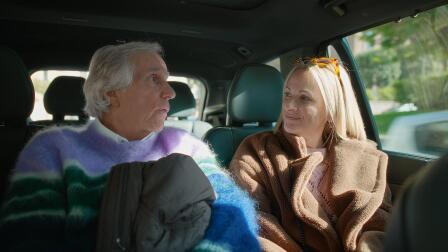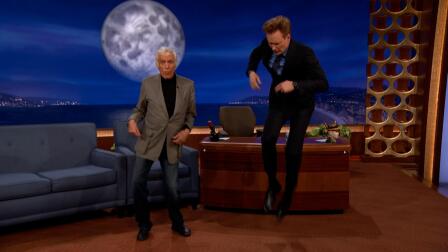Back to Show
American Masters
How Hannah Arendt developed the concept of "the banality of evil"
Hannah Arendt came up with the concept of “the banality of evil” during her coverage of the 1961 trial of Adolf Eichmann. During the trial, Eichmann, one of the main organizers of the Holocaust, insisted that he was only obeying the law and following orders. Arendt said: “There’s simply the reluctance ever to imagine what the other person is experiencing. That is the banality of evil.”
Support Provided By

Unlock with PBS Passport
1:43:31
Discover the life and legacy of former U.S. Senator and diplomat Daniel Patrick Moynihan.

53:03
Discover the secrets behind Edward Hopper’s most iconic and enigmatic works.

Unlock with PBS Passport
1:22:29
Experience the groundbreaking sounds of bebop pioneer and virtuoso composer Max Roach.

Unlock with PBS Passport
1:22:12
Trace the life and legacy of labor activist Cesar Chavez through music and the arts.

Unlock with PBS Passport
1:22:45
Follow the 50-year career of First Amendment lawyer and legal expert Floyd Abrams.

Unlock with PBS Passport
1:33:44
Experience the political and personal journey of California governor Jerry Brown.

Unlock with PBS Passport
1:29:31
Experience the meteoric rise and enduring legacy of Little Richard.

Unlock with PBS Passport
1:45:01
See the world through the eyes of Nam June Paik, the father of video art.

1:51:39
Follow two performers as they break down barriers in opera and country music.

1:53:11
Join Dr. Anthony Fauci as he reflects on his life and career as a public health advocate.

Unlock with PBS Passport
1:23:43
Discover music icon Roberta Flack’s rise to stardom and triumphs over racism and sexism.

Unlock with PBS Passport
1:53:01
Explore the life of the famous singer who became an icon for the civil rights movement.











